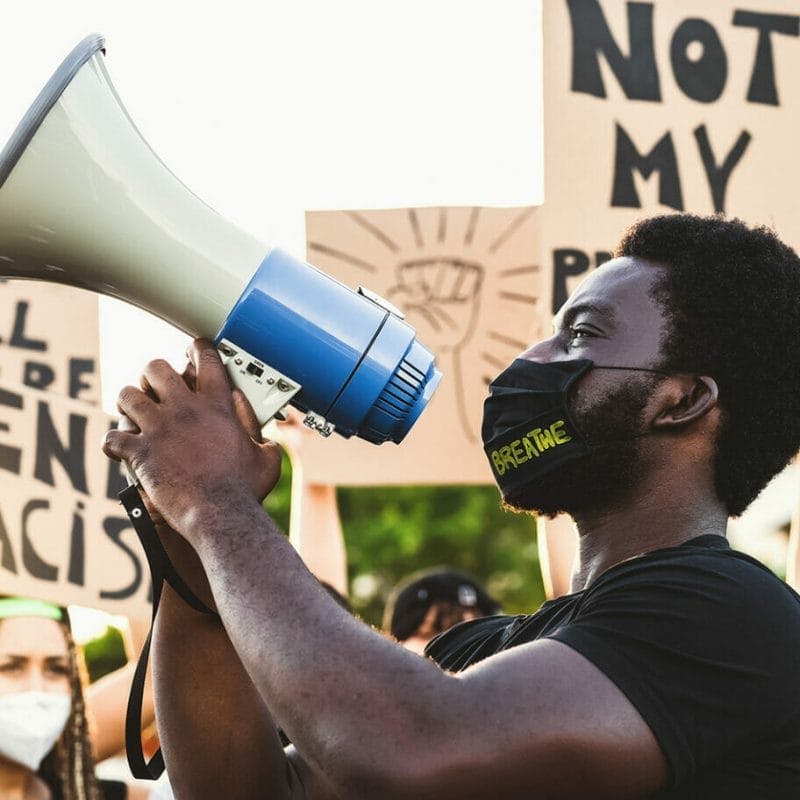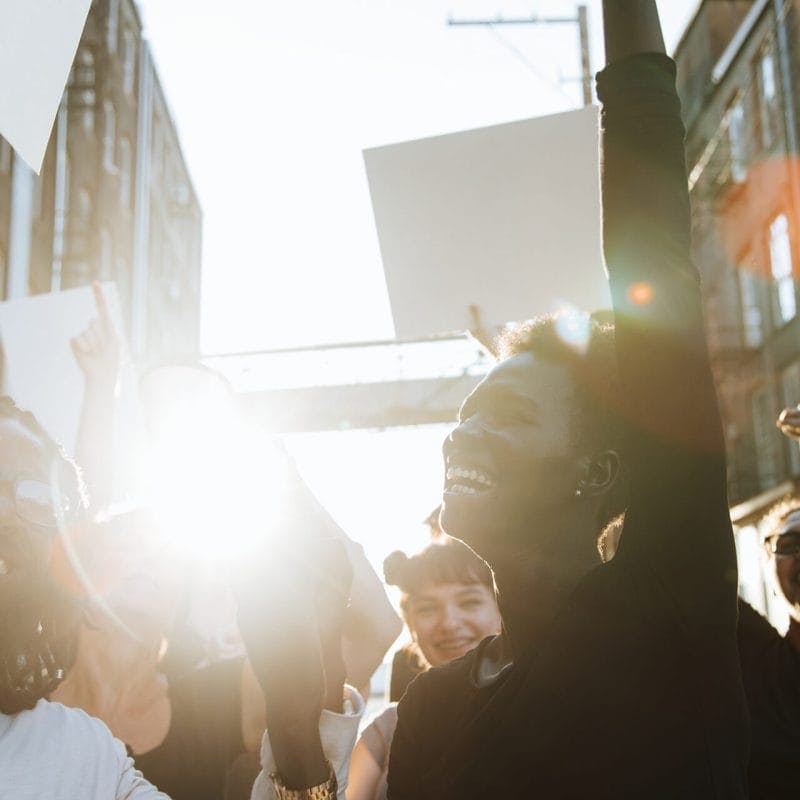Racial Justice & Mental Health
Crisis response & policing, the school-to-prison pipeline, intergenerational trauma and other inequitable conditions.
Topics that address race and racism can feel very big with huge impacts. For BIPOC* communities, experiences with racism** — and the inequitable conditions resulting from racism — hurt our mental health.


Noor explores who she is and how to get appropriate care in a world where Islamophobia is a part of her every moment.
How Racism Impacts Mental Health
Believe it or not, systems and policies, starting with the colonization and the murder of Indigenous people during the founding of the U.S., have purposefully discriminated against and oppressed BIPOC communities. For example: slavery, Jim Crow segregation, and redlining are examples of anti-Black policies. The legacies of these policies have systematically targeted Black people’s ability to accumulate generational wealth, attend well-resourced schools, and earn livable income.
Lasting Impacts of Economic Inequity***
Today, Black and African American people living below the poverty line are 2x as likely to experience serious mental health distress than those living over 2x over the poverty level. Financial burden is a major barrier to mental health treatment.
Mental Wellness and Racial Justice are Tied Together
Equitable environments and social conditions make mental health support easier to access. Feeling awkward or not even knowing what words to use to speak about mental health is real for many cultures. Racial justice isn’t a thing until we all have what we need to thrive.
It is also important that those of us who value both racial equity and mental health as important causes are leaders in these intersecting issues. 55% of young adults have engaged in Black Lives Matter (BLM) protests, and many also value mental health. A majority of young adults say that the BLM movement has had a major impact on their worldview.
*BIPOC = Black, indigenous, and people of color
**Racism can be internalized (self), interpersonal (experienced within relationships), and institutional (maintained through systems and policies)
*** Economic inequity refers to the fact that different people earn different amounts of money
How are you feeling after reading this?
- 🤷
- 😊
- 💯
- 😔
- 😠
- 🤔
Key Stats
Only 9% of Asian Americans seek mental health care compared to 18% of the general U.S. population due to barriers to care. [source]
In 2018, 57% of Latinx/Hispanic young adults and 40% of Latinx/Hispanic adults with serious mental illness did NOT receive treatment. [source]
Black or African American people have had the highest average percent increase over time for anxiety and depression. Native Americans have had the highest average percent increase over time for suicidal ideation. [source]
Resources
Take Action Now
Explore Related Action Area
Continue your engagement by learning more about and taking action on related issues.
Racial Justice & Mental Health
Racial Justice & Mental HealthBIPOC Mental Health Workforce
The mental health workforce needs more diversity and training on cultural humility.
Crisis Response & Policing
Many counties deploy police for a mental health crisis even though they aren’t appropriate responders.
The School-to-Prison Pipeline and Mental Health
BIPOC students face unequal disciplinary action in schools.
Healing from Intergenerational Trauma and Racism
Racial justice is dependent on healing.
Restorative Justice
Rooted in indigenous practices, restorative justice focuses on building relationships.



